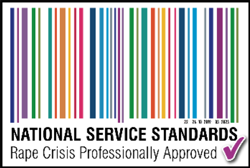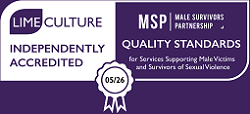Guidance for Media
General
- Whenever rape, sexual violence or sexual abuse is mentioned, information should be provided about appropriate support agencies. This includes on the television where, whilst something may not have explicitly happened, it is implied, or a character is starting to experience abuse, coercive control or grooming.
- When awareness of a new kind of sexual activity arises, reporters should check with the CPS, legal teams or local rape crisis centre around the implications of the activity within law, to ensure accurate and responsible reporting.
Adverts and Links
- Adverts or links to sexualised images should never appear next to articles on the subject of sexual violence.
- Media reporting on rape and sexual violence should never contain links to pages that undermine the serious messages around sexual violence.
Avoiding the Use of Myths
- Reporting should not perpetuate myths around sexual violence and rape.
- Minimising
- Reporting should not minimise the act of rape or the effects on the victim/survivor.
- Reporting should not use other events as a reason or excuse for committing of rape, eg a bad football result, the perpetrator having been drunk, a messy divorce.
- Avoid Victim Blaming
- Reporting should never imply or suggest that the victim/survivor is to blame.
Language and Tone
- When talking about perpetrators of violence, they should be referred to as men/women etc, rather than beasts, animals, paedophiles, as this suggests they are ‘less than human’ and not responsible for their actions. Similarly when referring to survivors of sexual violence they should be referred to as women/men first.
- Whilst headlines are designed to be attention-seeking, they need to do this in a way that does not undermine the wider context of the story. It is not okay to say that a ‘Man who had sex with 12 year old, found guilty’ as this implies consent on the child’s part. In law, children under the age of 16 cannot consent to sex. It is statutory rape and should be named as such.
- Journalists should be careful about their use of words. To say that a child ‘became a prostitute at age 14’ implies a sense of choice. A better alternative would be to say that a child ‘was groomed into child sexual exploitation at the age of 14.’
- Appropriate tone should be used in all reporting of sexual violence and rape.
Survivors
- Journalists should respect the privacy and dignity of survivors at all times.
- Where a survivor of sexual violence chooses to speak to the media about their experiences, journalists should conduct all contact with respect for their experience, dignity and safety.
Grounding Reporting
- Journalists should refer to current data and evidence, when reporting on sexual violence, to place individual incidents in a wider social context and avoid the reporting and perpetuating of myths and stereotypes.
- When reporting on sexual exploitation issues, journalists should make good use of real case study information and evidenced statistics to highlight the harms and violence inherent in the sex industry
- Where sexual violence or rape has occurred against a female, journalists should be especially mindful of victim-blaming myths and should instead highlight the gendered nature and root causes of violence against women.
- Journalists should be mindful of selecting a narrative when reporting on sexual violence as part of another issue.
Other useful Links:
http://www.zerotolerance.org.uk/sites/www.vawpreventionscotland.org.uk/files/HWC_V5.pdf
https://rapecrisis.org.uk/statistics.php
Recent Posts



